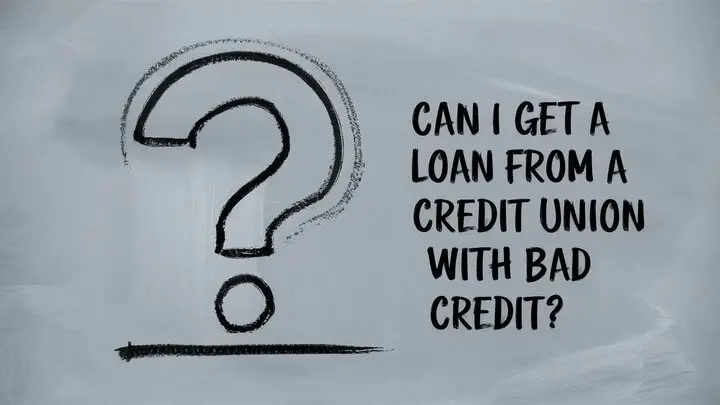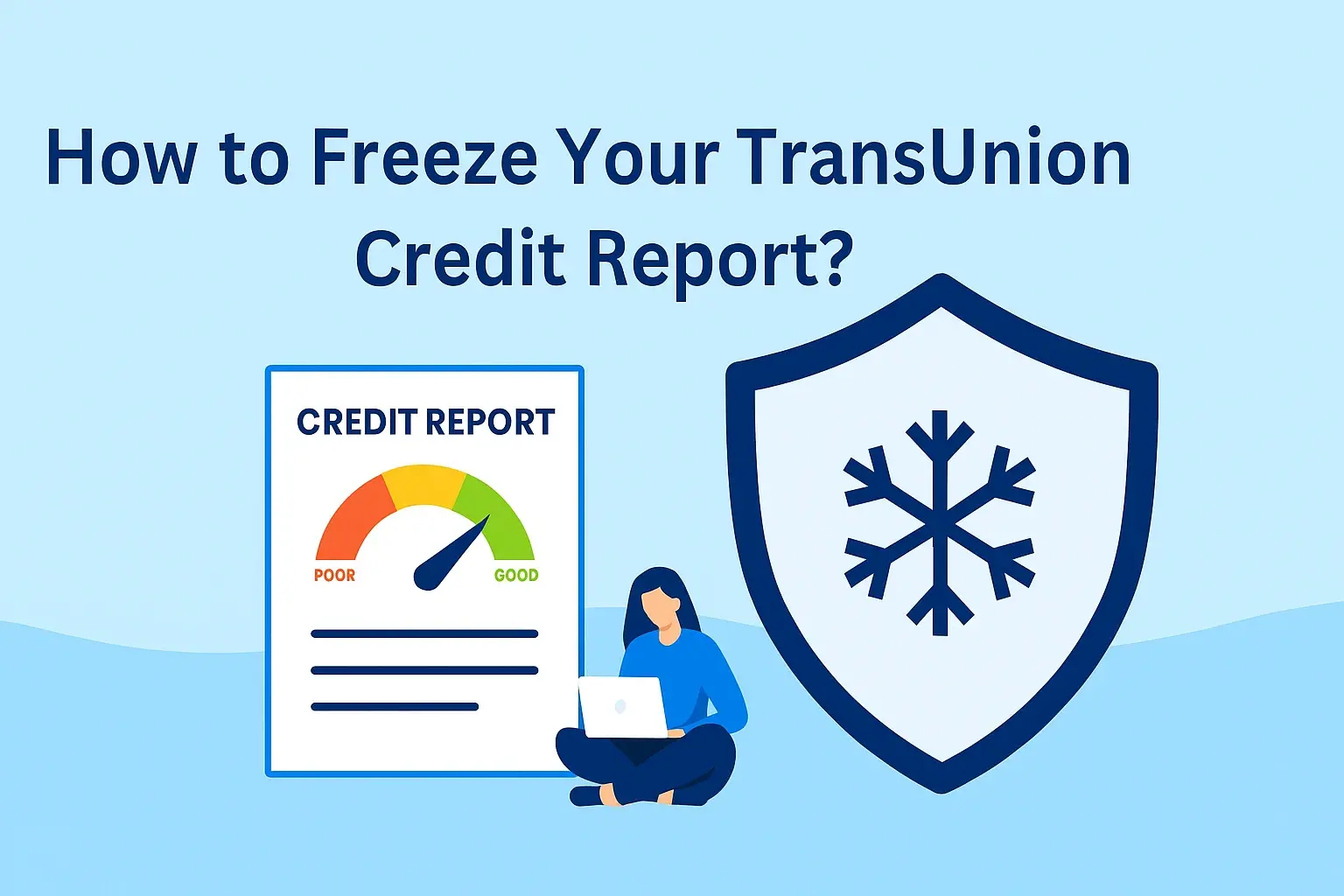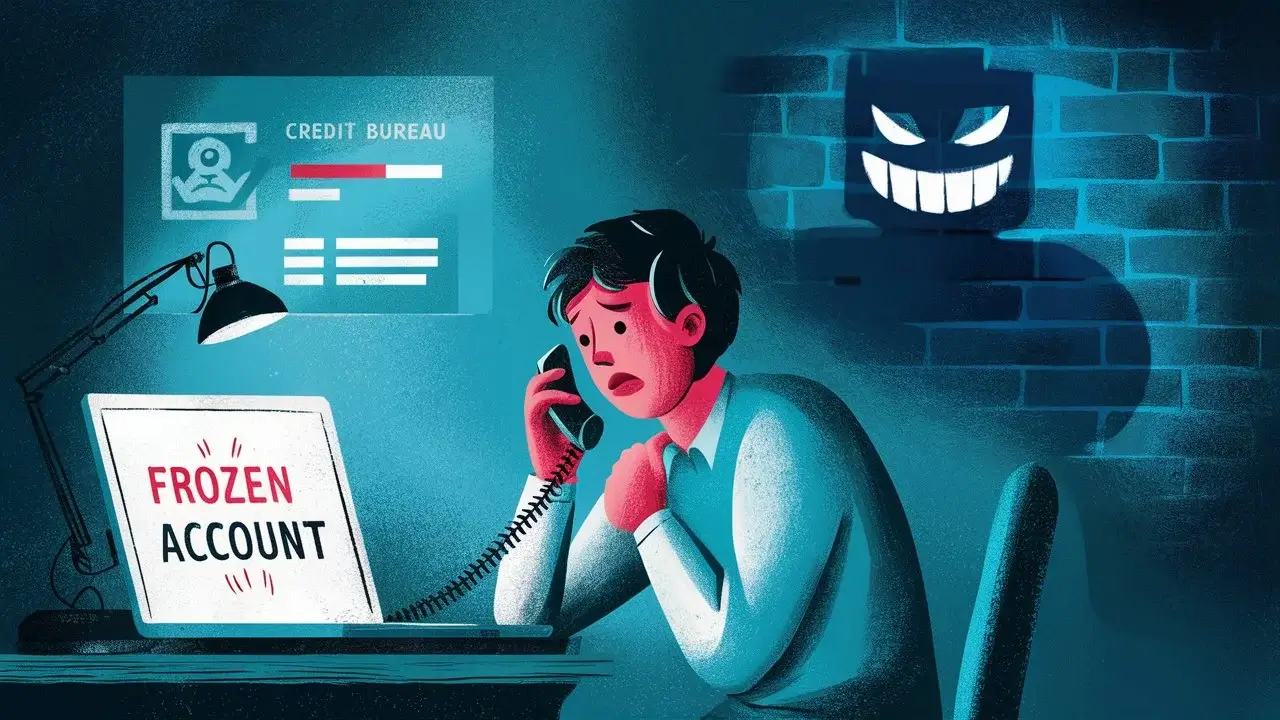Having bad credit can feel like a financial barrier, especially when you need access to funds for emergencies, home repairs, or other significant expenses. Traditional banks often shy away from borrowers with low credit scores, but what about credit unions? Can you get a loan from a credit union with bad credit? The answer is often more nuanced than a simple yes or no. This article delves into the possibilities, requirements, and alternative solutions to help you navigate the lending landscape with a less-than-perfect credit history.
Understanding Credit Unions and Their Lending Practices
Credit unions are not-for-profit financial institutions owned and operated by their members. Unlike banks, which prioritize profits for shareholders, credit unions focus on serving their members' financial needs. This member-centric approach often translates to more lenient lending practices and better interest rates, particularly for individuals who might not qualify for loans at traditional banks.
However, credit unions still assess risk. They need to ensure that borrowers can repay the loan to maintain their financial stability. Therefore, while they may be more willing to work with individuals with bad credit, approval is not guaranteed. Their underwriting guidelines might be more flexible, but they still exist.
Key Differences Between Credit Unions and Banks:
- Ownership: Credit unions are member-owned; banks are shareholder-owned.
- Profit Motive: Credit unions prioritize member benefits; banks prioritize profit maximization.
- Lending Practices: Credit unions may have more flexible lending criteria, especially for members.
- Interest Rates: Credit unions often offer lower interest rates on loans and higher interest rates on savings accounts.
Factors Credit Unions Consider Beyond Credit Score
While your credit score is undoubtedly a significant factor in loan approval, credit unions typically consider a more holistic view of your financial situation. This means they look beyond your credit report to assess your ability to repay the loan. Here are some key factors they evaluate:
1. Membership and Relationship
Most credit unions require you to be a member to be eligible for a loan. Membership is typically based on factors like residency, employment, or affiliation with a specific organization. Having a long-standing relationship with the credit union, such as a history of savings deposits or other accounts, can significantly increase your chances of approval, even with bad credit. They may see you as less of a risk if you've been a loyal and active member.
2. Income and Employment History
A stable and verifiable income is crucial. Credit unions want to see that you have a consistent source of income to make your loan payments. They typically require proof of income, such as pay stubs or tax returns. A longer employment history at the same company or in the same field is also viewed favorably.
3. Debt-to-Income Ratio (DTI)
Your debt-to-income ratio (DTI) is the percentage of your gross monthly income that goes towards debt payments. Credit unions use DTI to assess your ability to manage your existing debt and take on new debt. A lower DTI is generally preferred, as it indicates that you have more disposable income to cover loan payments. Most lenders prefer a DTI below 43%.
4. Collateral (For Secured Loans)
If you're applying for a secured loan, such as a car loan or a secured personal loan, the collateral (the asset backing the loan) plays a significant role. The credit union will assess the value of the collateral to ensure that it's sufficient to cover the loan amount if you default. They'll also look at the condition of the collateral, if applicable (e.g., the condition of a used car).
5. Character and Commitment
While harder to quantify, credit unions sometimes consider your overall character and commitment to financial responsibility. This might involve reviewing your history of overdrafts, late payments on other accounts (even if not reflected on your credit report), or any past bankruptcies. They are looking for a pattern of responsible financial behavior, even if your credit score is currently low.
Types of Loans You Might Qualify For With Bad Credit at a Credit Union
Even with bad credit, several types of loans might be accessible through a credit union. The specific options available will depend on the individual credit union's policies and your financial circumstances.
1. Secured Loans
Secured loans are backed by collateral, which reduces the lender's risk. This makes them easier to qualify for, even with a low credit score. Common types of secured loans include:
- Car Loans: The vehicle serves as collateral.
- Secured Personal Loans: You may use a savings account, certificate of deposit (CD), or other asset as collateral.
- Home Equity Loans (HELOCs): These use the equity in your home as collateral. However, proceed with caution with these as you are putting your home at risk.
2. Credit-Builder Loans
Credit-builder loans are specifically designed to help individuals with bad credit or no credit history establish or improve their credit scores. With this type of loan, the funds you borrow are held in a secured account, and you make regular payments. Once you've repaid the loan, the funds are released to you. The credit union reports your payments to the credit bureaus, which helps build your credit history.
3. Payday Alternative Loans (PALs)
Some credit unions offer Payday Alternative Loans (PALs) as an alternative to high-cost payday loans. PALs are typically small-dollar loans with lower interest rates and longer repayment terms than payday loans. To qualify, you usually need to be a member of the credit union and meet certain eligibility requirements.
4. Unsecured Personal Loans (May Be Difficult to Obtain)
Unsecured personal loans are not backed by collateral, making them riskier for lenders. Therefore, they are generally more difficult to obtain with bad credit. However, some credit unions may offer unsecured personal loans to members with a strong relationship and a solid income stream, even with a lower credit score. Expect higher interest rates and stricter requirements.
Tips for Improving Your Chances of Getting Approved
Even if you have bad credit, there are steps you can take to improve your chances of getting approved for a loan from a credit union:
1. Become a Member and Build a Relationship
Join a credit union well before you need a loan. Establish a savings account, use their services, and demonstrate responsible financial behavior. A strong relationship can significantly improve your chances of approval.
2. Improve Your Credit Score (Even a Little Helps!)
Even small improvements to your credit score can make a difference. Pay your bills on time, reduce your credit card balances, and dispute any errors on your credit report. Consider using a secured credit card or a credit-builder loan to help build your credit history.
3. Reduce Your Debt-to-Income Ratio
Pay down existing debt to lower your DTI. This shows lenders that you have more disposable income to handle loan payments. Cutting expenses and increasing income can both help improve your DTI.
4. Provide a Down Payment (For Secured Loans)
If you're applying for a secured loan, providing a larger down payment can reduce the lender's risk and increase your chances of approval. A larger down payment also lowers the amount you need to borrow, making the loan more manageable.
5. Consider a Co-Signer
If you have a friend or family member with good credit who is willing to co-sign your loan, it can significantly improve your chances of approval. The co-signer agrees to be responsible for the loan if you default, reducing the lender's risk. However, consider the risks involved for the co-signer before asking them.
6. Be Prepared to Explain Your Situation
Be honest and upfront with the credit union about your credit history. Explain the circumstances that led to your bad credit and highlight any positive changes you've made to improve your financial situation. Show them that you are committed to responsible financial management.
Alternative Lending Options if Credit Unions Deny Your Loan
If you've been denied a loan by a credit union, don't despair. There are other lending options available, although they may come with higher interest rates or less favorable terms.
1. Online Lenders
Many online lenders specialize in providing loans to individuals with bad credit. These lenders often have less stringent requirements than traditional banks and credit unions. However, be sure to research the lender thoroughly and compare interest rates and fees before applying.
2. Peer-to-Peer Lending Platforms
Peer-to-peer (P2P) lending platforms connect borrowers with individual investors who are willing to lend money. P2P lending can be an option for individuals with bad credit, but interest rates may be higher.
3. Payday Loans (Proceed with Extreme Caution!)
Payday loans are short-term, high-interest loans designed to be repaid on your next payday. They are generally very expensive and should only be used as a last resort. The high interest rates and fees can quickly trap you in a cycle of debt. Explore all other options first.
4. Borrowing From Friends or Family
If you're comfortable doing so, consider borrowing money from friends or family. This can be a more affordable option than taking out a loan from a financial institution. However, be sure to create a written agreement outlining the terms of the loan to avoid misunderstandings.
5. Credit Counseling and Debt Management Programs
If you're struggling with debt, consider seeking help from a credit counseling agency or enrolling in a debt management program. These programs can help you create a budget, negotiate with creditors, and develop a plan to repay your debt. These services can also provide financial education and guidance to help you improve your financial habits.









